Emil Cioran: Nihilism as affirmation in the face of inevitable Annihilation
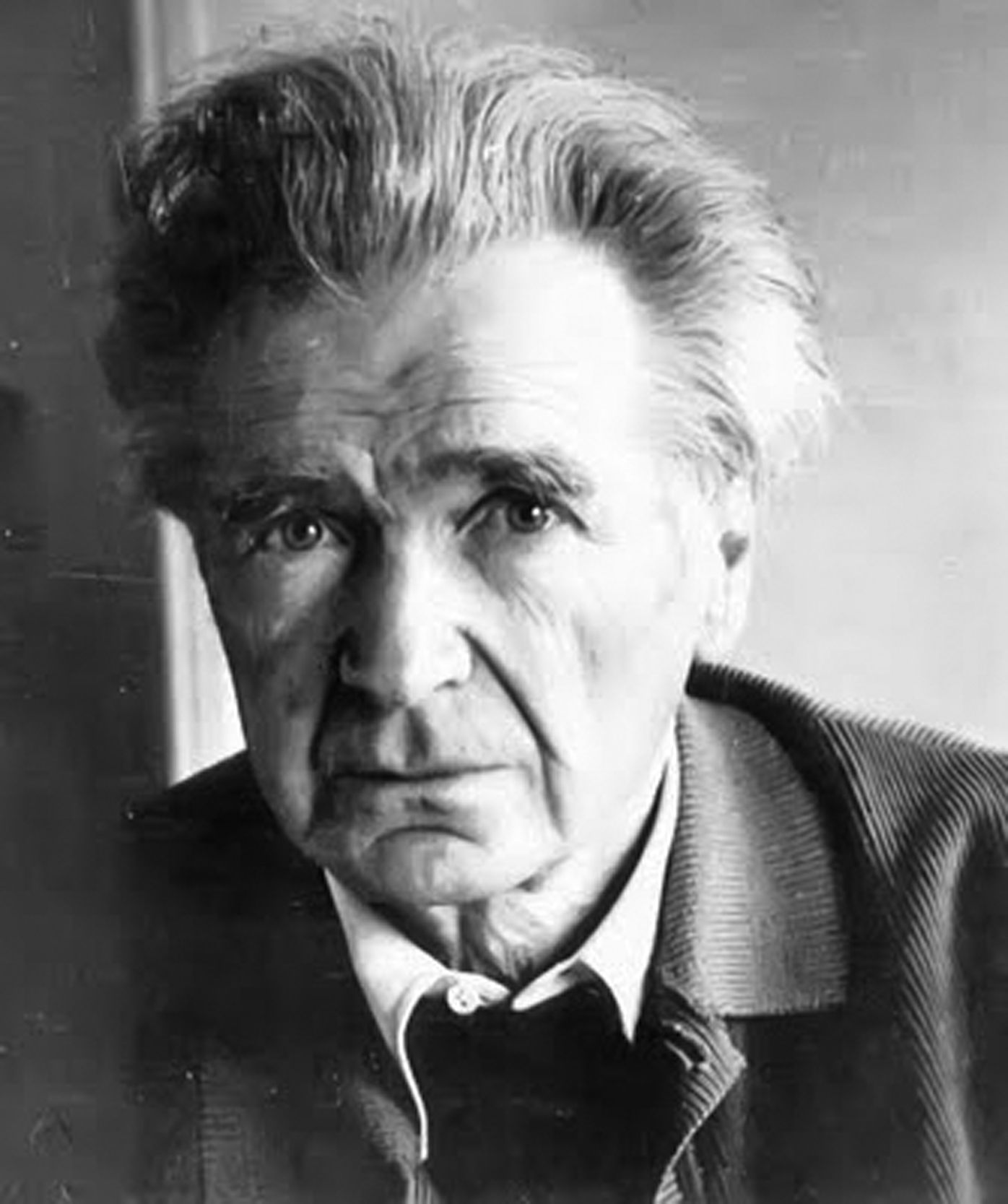
My first brush with the relentlessly dark and bleak vision of Romananian writer-philospher Emil Cioran came by way of the pages of the fascinating ‘A Short History of Decay‘(tr.), his first publication written in French, an outcome of the churning of many a long year. Cioran’s philosophical stance (although he probably would have balked at such an assumption) is to be able to embrace all that has been made taboo by occidental civilizations’ zealous championship of the pursuit of happiness as one of the vital life goals. Pessimism and cynicism and other such realist impulses have curiously been shrouded with a range of negative connotations, for, the pursuit of happiness is such a powerfully embedded psycho-socio-cultural construct. In all of this, Cioran is pretty much the elevated insomniac, a traverser between dawn and dusk, good and evil, despair and ecstasy – his remarkably astute, often dark wit laced writing conjures reality without any foundation and mascara, scars are made visible, and in the best of traditions of negation and nihilism, his body of work is a slap of awakening for all conscientious humans struggling to come to terms with the brutality of everyday existence. Read More…
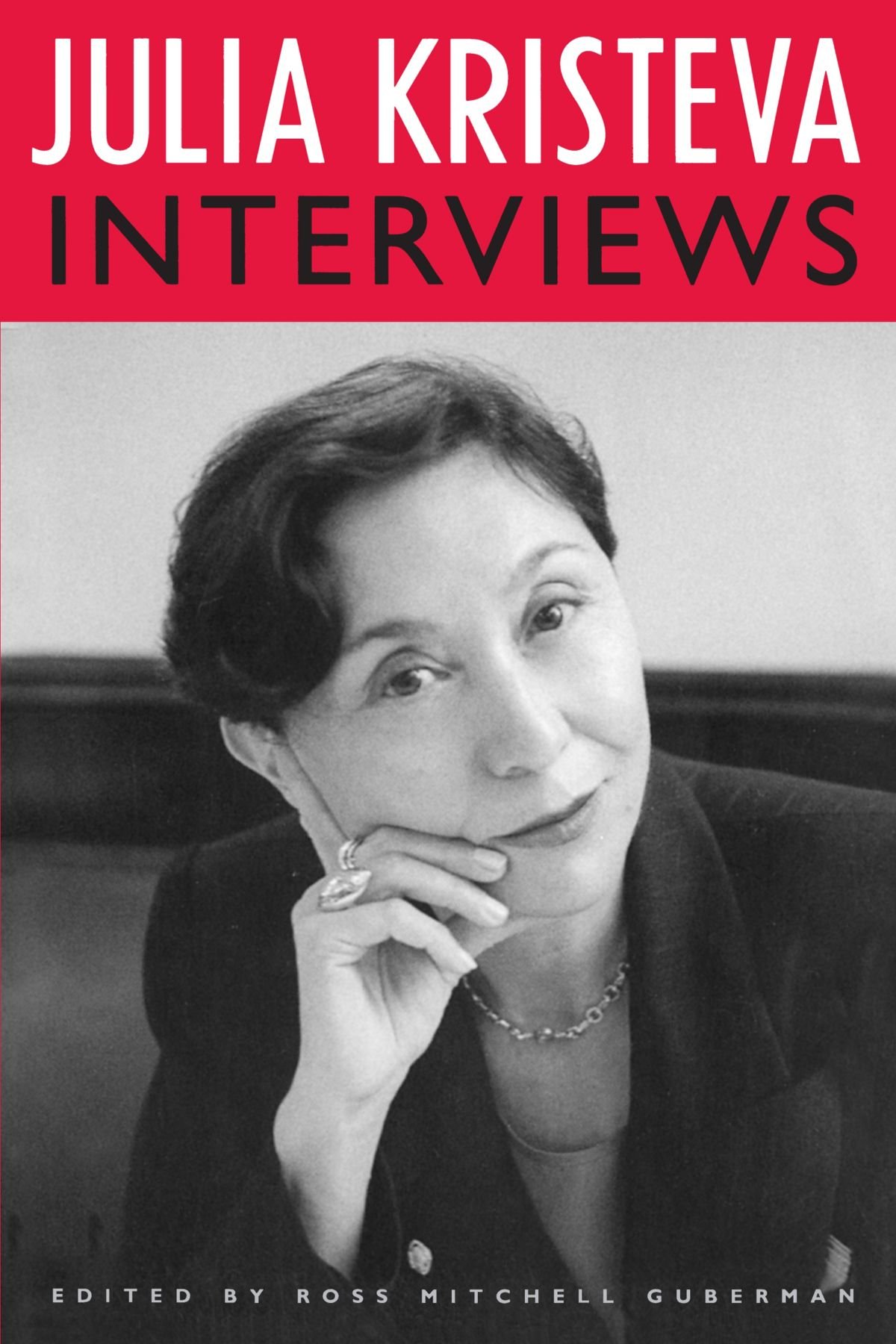
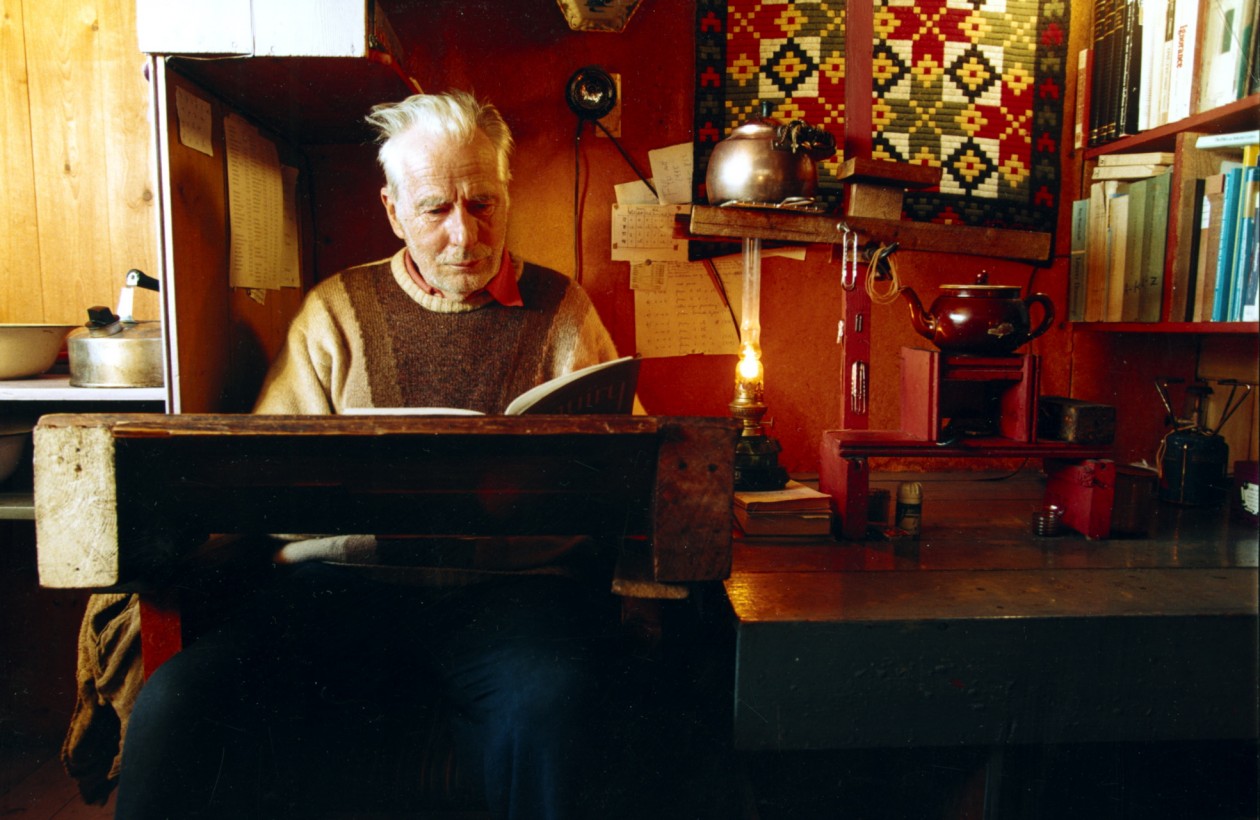
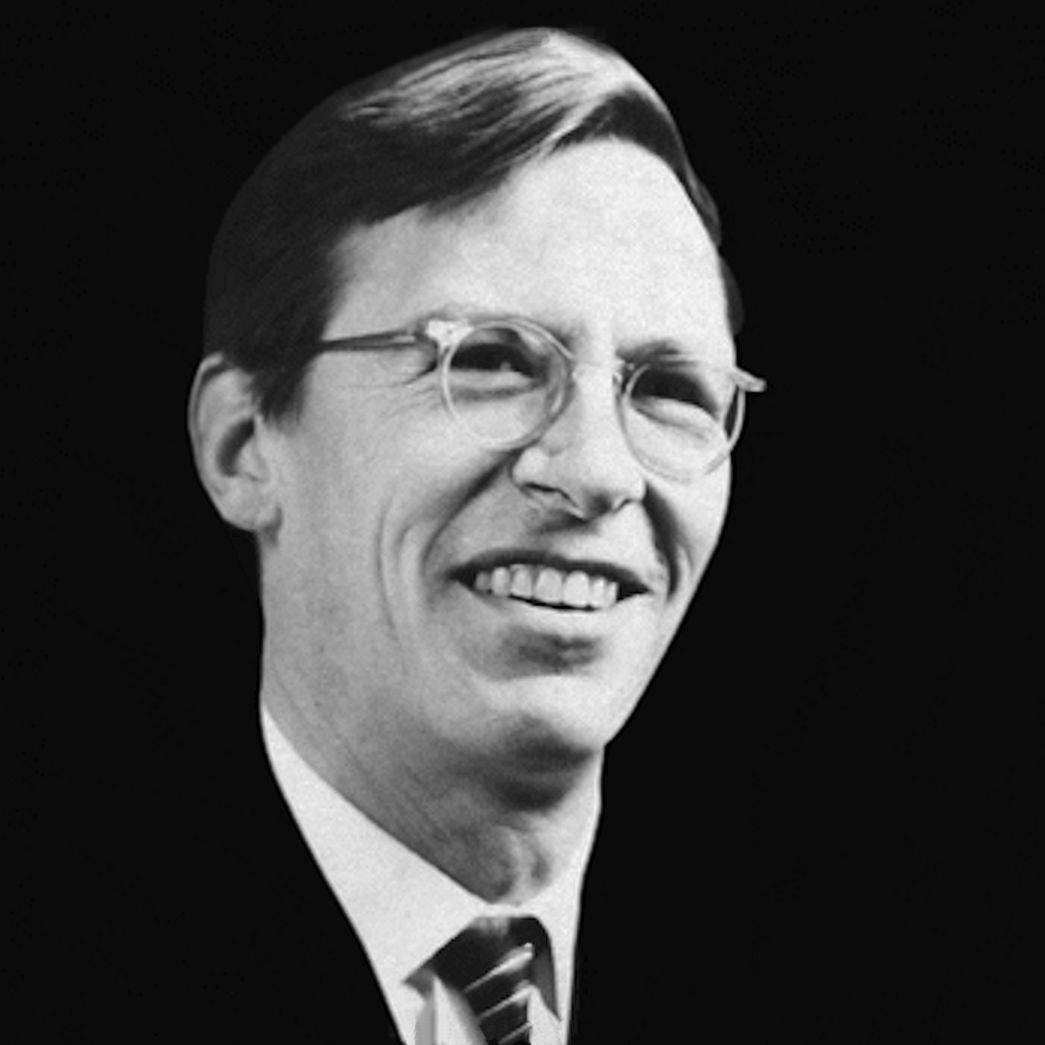

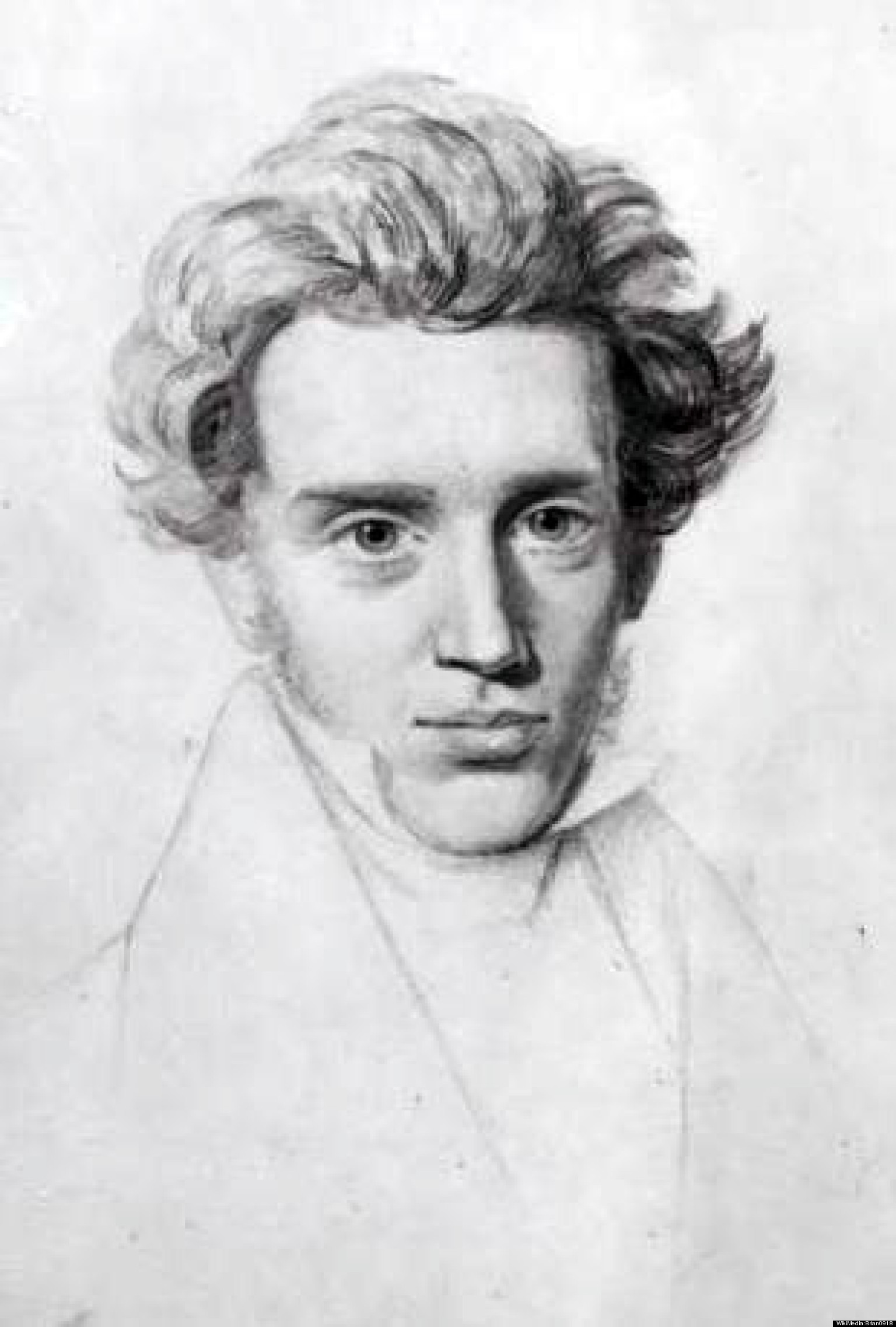



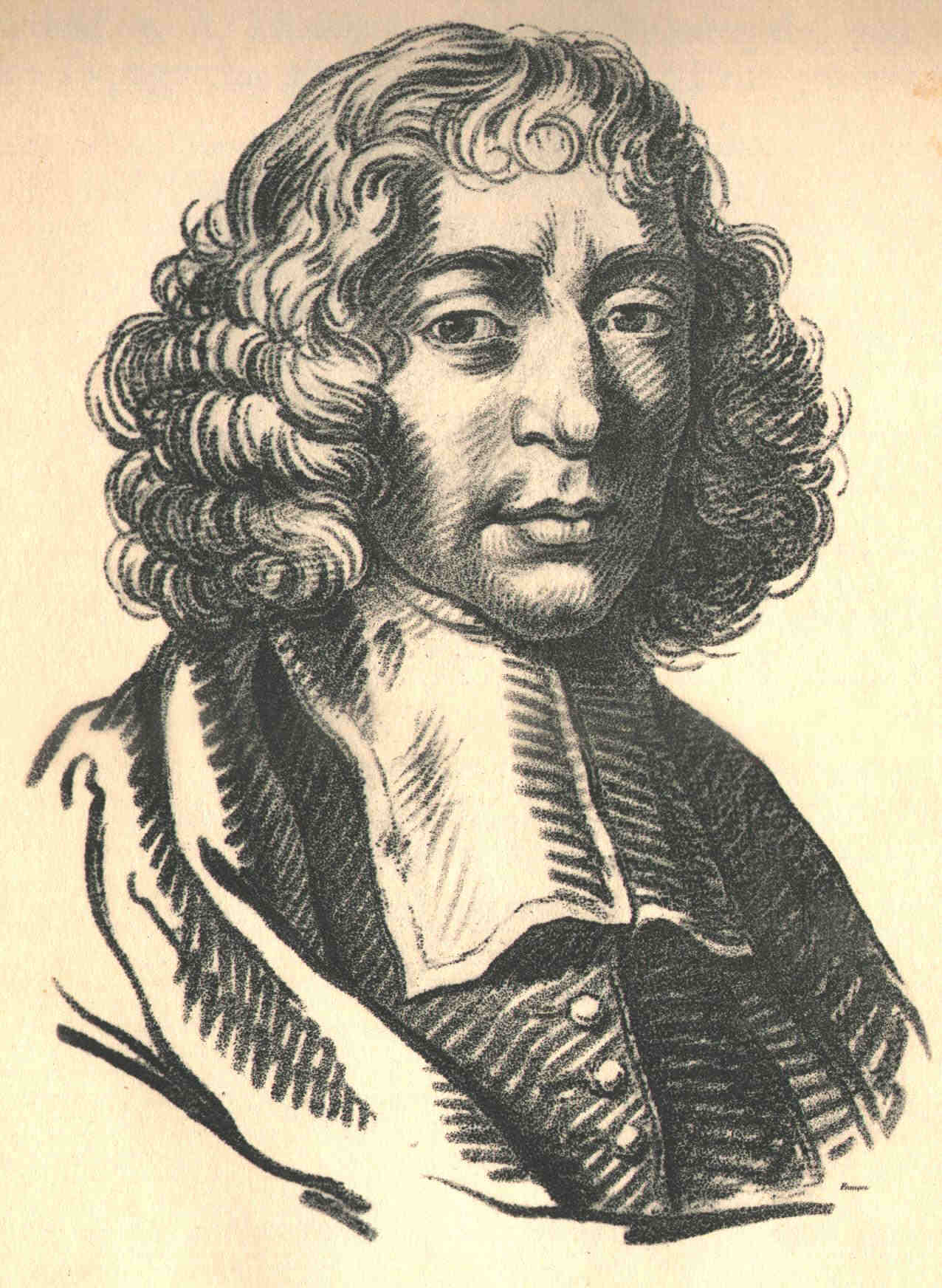
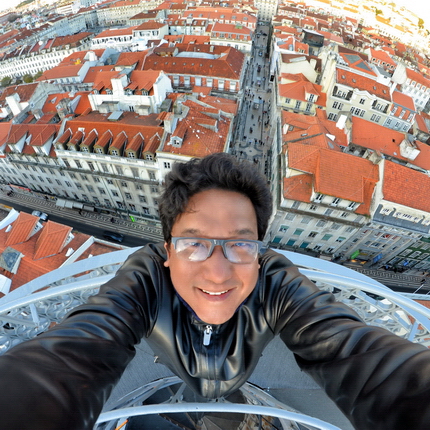
 Photo gallery
Photo gallery This is great…..in fact the entire website is a wonderful treasure. thanks sir!
This is great…..in fact the entire website is a wonderful treasure. thanks sir! Its really good to see you Milindo, with such awesome stuff from you as usual.. loved your blog as well!
Its really good to see you Milindo, with such awesome stuff from you as usual.. loved your blog as well! Never thought I’d say this, but it was the most interesting classes I’ve sat in.. and of course, the day you played Sultans of Swing for us. Hope you continue to influence the next generations with your dynamic yet simple teachings.
Never thought I’d say this, but it was the most interesting classes I’ve sat in.. and of course, the day you played Sultans of Swing for us. Hope you continue to influence the next generations with your dynamic yet simple teachings. Photo Gallery
Photo Gallery Guitar in your hand reminds me of the MCRC days! You are terrific… :)
Guitar in your hand reminds me of the MCRC days! You are terrific… :) Absolutely amazing blog – a chest full of treasure.
Absolutely amazing blog – a chest full of treasure. Photo gallery
Photo gallery You are awesome :)
You are awesome :) Your website is full of delightful posts. I’m going to have to watch where my time goes when I’m visiting! :)
Your website is full of delightful posts. I’m going to have to watch where my time goes when I’m visiting! :) Milindo Taid – ace teacher, rockstar guide to my projects at film school, guitarist and photographer too. Really good human being as well
Milindo Taid – ace teacher, rockstar guide to my projects at film school, guitarist and photographer too. Really good human being as well With all the magical places you are checking off your bucket list! I want to know how to be you :)
With all the magical places you are checking off your bucket list! I want to know how to be you :) Photo gallery
Photo gallery Still a fan of your unique and sweet finger strum on acoustic guitar. It made an ordinary guitar sound great. Would just love to see and hear one of those too.
Still a fan of your unique and sweet finger strum on acoustic guitar. It made an ordinary guitar sound great. Would just love to see and hear one of those too. Photo gallery
Photo gallery You are inimitable!
You are inimitable! Photo gallery
Photo gallery Photo gallery
Photo gallery Photo Gallery
Photo Gallery Hi Milindo, hope you are inspiring many more around you…wherever you are!
Hi Milindo, hope you are inspiring many more around you…wherever you are! We need more teachers like you :)
We need more teachers like you :) Photo gallery
Photo gallery Milind never told u but u were my first true inspiration….I almost learnt the guitar watching u play…..thanx for being there
Milind never told u but u were my first true inspiration….I almost learnt the guitar watching u play…..thanx for being there veryveryinterestingwebsite.have been visiting! thankyou!
veryveryinterestingwebsite.have been visiting! thankyou! You’re a role model sir, such awesomeness !!! :D
You’re a role model sir, such awesomeness !!! :D Your courses were always the best. By the way, just went through a bit of your website. It’s great! Some good stuff in there that I wouldn’t normally chance upon
Your courses were always the best. By the way, just went through a bit of your website. It’s great! Some good stuff in there that I wouldn’t normally chance upon hope you’re changing the world as always :)
hope you’re changing the world as always :) Photo gallery
Photo gallery Photo Gallery
Photo Gallery i really like your blog – good interesting stuff as always !
i really like your blog – good interesting stuff as always ! great blog :)
great blog :) You’ll love this site by the awesome Milindo Taid
You’ll love this site by the awesome Milindo Taid Grt milindo. eachtime want to check out something good on net…know where to go now!
Grt milindo. eachtime want to check out something good on net…know where to go now! Oldest operating bookstore
Oldest operating bookstore #NowFollowing @Milindo_Taid One of the most influential n interesting mentor from my design school. Always loaded. :)
#NowFollowing @Milindo_Taid One of the most influential n interesting mentor from my design school. Always loaded. :) Photo gallery
Photo gallery Love your site Milindo. I was excited to see you displaying my husband’s watermelon carvings
Love your site Milindo. I was excited to see you displaying my husband’s watermelon carvings Photo gallery
Photo gallery So glad you enjoyed my photos, really honored to be featured on your blog. thank you sir!
So glad you enjoyed my photos, really honored to be featured on your blog. thank you sir! Photo gallery
Photo gallery Photo gallery
Photo gallery Photo gallery
Photo gallery Photo gallery
Photo gallery love ur pics…they are like those moments which u capture in your mind and wished u had a camera right at that moment to capture it…but u actually do capture them :) beautiful…!!!
love ur pics…they are like those moments which u capture in your mind and wished u had a camera right at that moment to capture it…but u actually do capture them :) beautiful…!!! I discover TL of a writer and respected intellectual, with a tolerant, global conscience: @GhoshAmitav – tx @Milindo_Taid
I discover TL of a writer and respected intellectual, with a tolerant, global conscience: @GhoshAmitav – tx @Milindo_Taid OMG its like a painting!! you have taken photography to another level!!!
OMG its like a painting!! you have taken photography to another level!!! Photo gallery
Photo gallery I was just looking at your website… amazing it is… full of knowledge as always..
I was just looking at your website… amazing it is… full of knowledge as always.. Photo gallery
Photo gallery Just detected your blog: impressive. wishing you continued inspiration and health.
Just detected your blog: impressive. wishing you continued inspiration and health. You are the only faculty member I could connect to!
You are the only faculty member I could connect to! This is by far amongst the best curated creative content sites out there and the eye and vision of one man, when good, works better than any funded team. Inspired enormously once again :)
This is by far amongst the best curated creative content sites out there and the eye and vision of one man, when good, works better than any funded team. Inspired enormously once again :) Photo gallery
Photo gallery